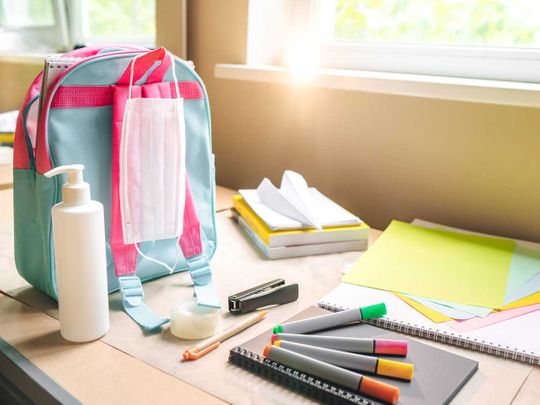
Islamabad: Fully reopening schools and sending all children back could trigger a second wave of the coronavirus in Pakistan, the provincial health minister warned.
“Primary and middle schools should not be opened until COVID-19 is over as younger children cannot maintain social distancing or follow health guidelines,” suggested Sindh Health Minister Dr. Azra Pechuho.
Federal Education Minister Shafqat Mahmood had announced earlier that educational institutions across Pakistan would reopen on September 15 if the “health indicators improve” and that specific standard operating procedures (SOPs) would be put in place before the opening of educational institutions.
In early August, Pakistan announced to open all sectors including industries, shops, tourism, restaurants, theaters and gyms after the country witnessed a significant decline in coronavirus infections with only 12,116 active cases currently.
However, Dr. Pechuho has cautioned against the reopening of schools to prevent a second wave. “Senior classes in schools, as well as colleges and universities, can be opened with strict precautionary measures. Students and teachers must follow all the SOPs, wear masks, practice social distancing and wash hands regularly.” But she is against opening primary classes and putting the lives of young kids at risk as they could “further spread the virus and carry it to their homes, causing the second wave.”
Social distancing
“I am very concerned because our children are vulnerable, especially those in primary and junior schools. Until we get rid of corona, we should teach them at home,” she stressed. Grownups can take precautions such as social distancing and wear masks and will frequently wash their hands, as they are sensible. “But younger children are not mature, they would shake hands and hug each other frequently and cannot maintain social distancing” that may spread the virus in school.
Pakistan reported a total of 290,444 positive COVID-19 cases of which 272,128 or 93 percent of those infected have recovered.
Health professionals suggest continuous testing and tracing contacts of those with the virus to help prevent the spread. Experts around the world have already warned about a second wave of the virus in the fall and winter, which is considered as the flu season.








